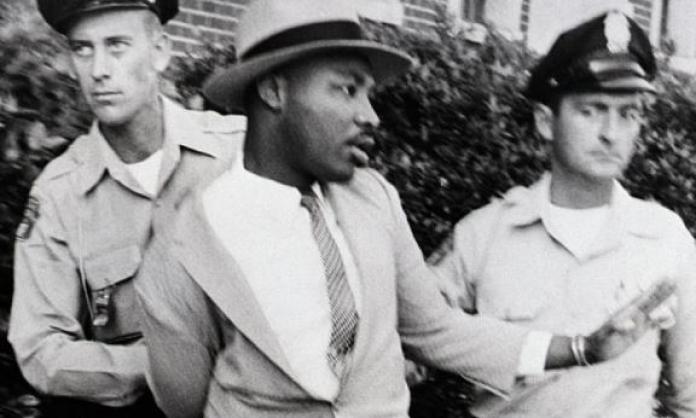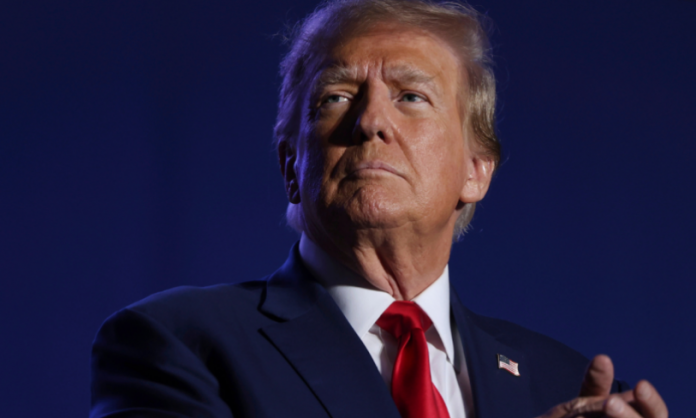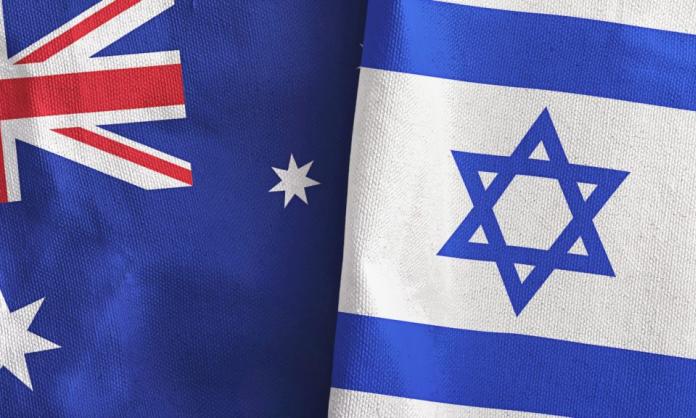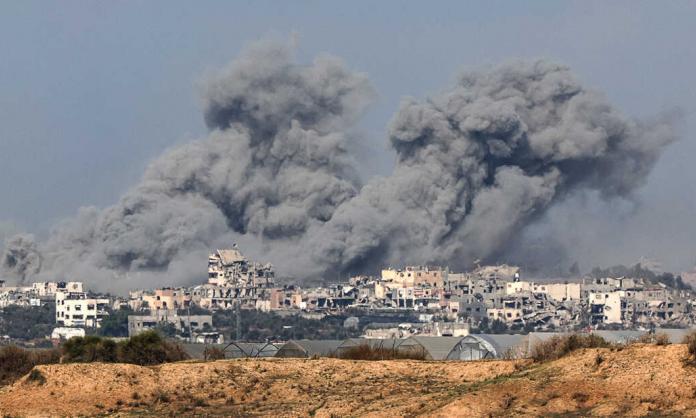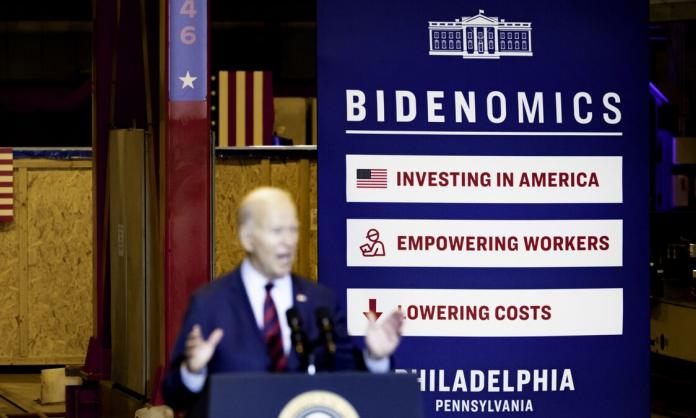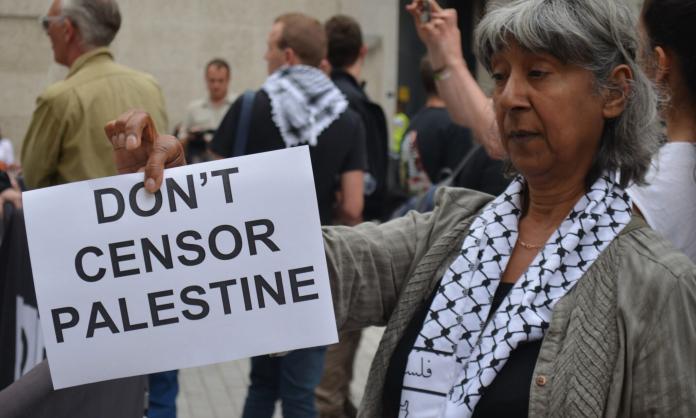American liberals denouncing those raging against injustice for resorting to violence have frequently summoned the legacy of civil rights movement leader Martin Luther King Jr to help make their case. King, so we’re told, would never condone rioting, looting or any other disorderly form of protest. Some even went so far as to call out King’s son, Martin Luther King III, after he referenced his father’s classic description of riots as “the language of the unheard”.
King’s commitment to non-violence, however, was far from the moralistic exhortations to order and respectability spouted by today’s liberals. King’s attitude to rioting and other forms of civil disobedience shifted and developed through the course of his life. What never shifted, however, was his belief that, to see a real change in their condition, Black people needed to build the kind of movement that could pose a serious challenge to the existing order.
Again and again, King was surprised by the resistance to cautious demands and polite forms of protest. The campaign that first thrust him into the spotlight – the Montgomery bus boycott of 1955-56 – provides an example. The demands of the boycott were consciously modest. All they asked was for Black people to be treated with some respect, and for seating on a first-come, first-served basis. They even conceded that Black people would still be required to sit towards the rear of the bus.
King was shocked when even these mild demands proved too much for the white establishment. “Feeling that our demands were moderate, I had assumed they would be granted with little question”, he later wrote. “This experience, however, taught me a lesson. I came to see that no one gives up his privileges without strong resistance.” King frequently expressed his frustration at calls for patience and moderation. In his 1963 “Letter from a Birmingham Jail” for instance, he wrote:
“I have been gravely disappointed with the white moderate. I have almost reached the regrettable conclusion that the Negro’s great stumbling block in his stride toward freedom is not the White Citizen’s Council or the Ku Klux Klanner, but the white moderate, who is more devoted to ‘order’ than to justice ... who constantly says: ‘I agree with you in the goal you seek, but I cannot agree with your methods of direct action’.”
Throughout the early years of the civil rights movement, peaceful protests were met with violence. The “Freedom Summer” of 1964 – a campaign to register Black voters in the southern state of Mississippi – resulted in activists being murdered, Black churches burned down, bombed buildings and thousands of arrests. And, as the 1960s progressed, the level of violence meted out by authorities across the country only increased.
From the mid-1960s, many northern cities were rocked by Black riots every summer. In this context, King began to realise the limitations of formal desegregation and spoke of the “dualism” in every city, the “two Americas”. This recognition pushed him towards an understanding of racism as being, not just something enshrined in laws and manifested in individual attitudes, but something grounded in economic and social conditions. And far from simply denouncing those rioting for breaking with the principle of non-violence, he visited the scenes of riots and learned from the young Black activists who were playing a leading role.
King’s thoughts on violence and non-violence were also influenced by the escalating conflict in Vietnam. Images of the mass death and destruction that the US army was wreaking on the people of Vietnam spurred the growth of the anti-war movement. King could see the many contradictions of the US establishment’s claim to be supporting freedom through violent means abroad, while repressing the freedom of its own people through violence at home. One year before his assassination, in a speech at New York City’s Riverside Church, King pointed to the hypocrisy of those who would denounce those rioting on the streets of the US, while remaining silent about the violence of the US empire abroad:
“As I have walked among the desperate, rejected, and angry men, I have told them that Molotov cocktails and rifles would not solve their problems ... But they asked, and rightly so, ‘What about Vietnam?’ They asked if our own nation wasn’t using massive doses of violence to solve its problems, to bring about the changes it wanted. Their questions hit home, and I knew that I could never again raise my voice against the violence of the oppressed in the ghettos without having first spoken clearly to the greatest purveyor of violence in the world today: my own government.”
This scathing indictment of the US government, and the link he made between racism, social class and the war, were too much for moderates to handle. An editorial in the Washington Post declared: “King has diminished his usefulness to his cause, to his country, and to his people”.
Today, the US establishment claims King as one of their own. They portray him as a peaceful man of faith who would have stood side by side with them to denounce the violence of those protesting the police murder of George Floyd. What they are scared of, above all, is that today’s Black activists will learn the kind of lessons that King himself drew from the years spent fighting for civil rights: that asking nicely won’t get you anywhere, that racism is woven into the fabric of capitalism and that building a mass movement that can pose a direct challenge to the system is the only way to end oppression.




